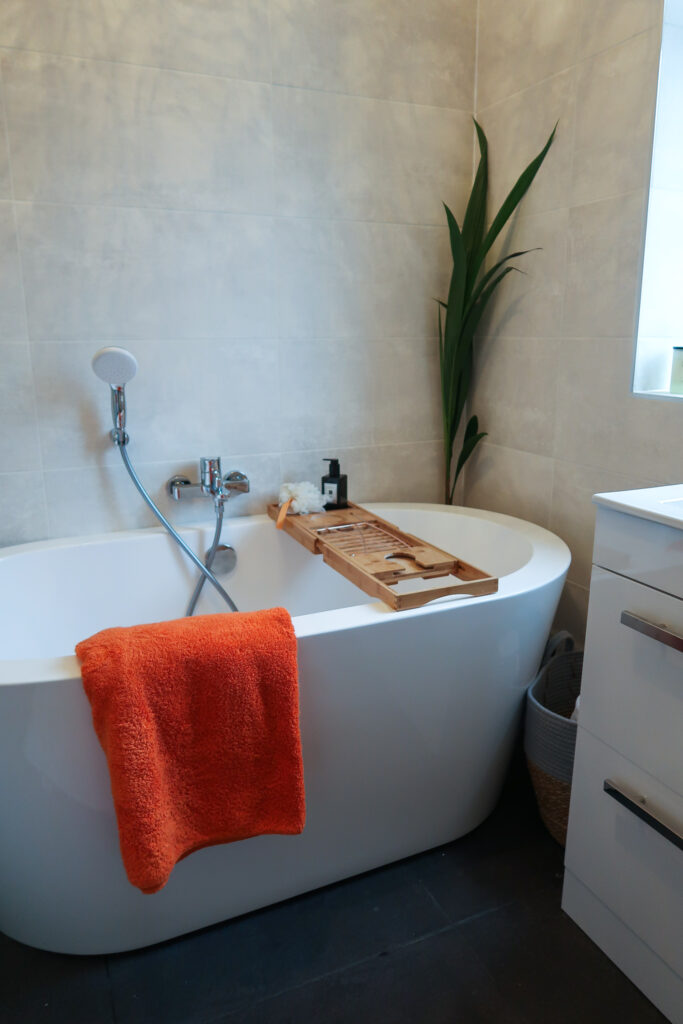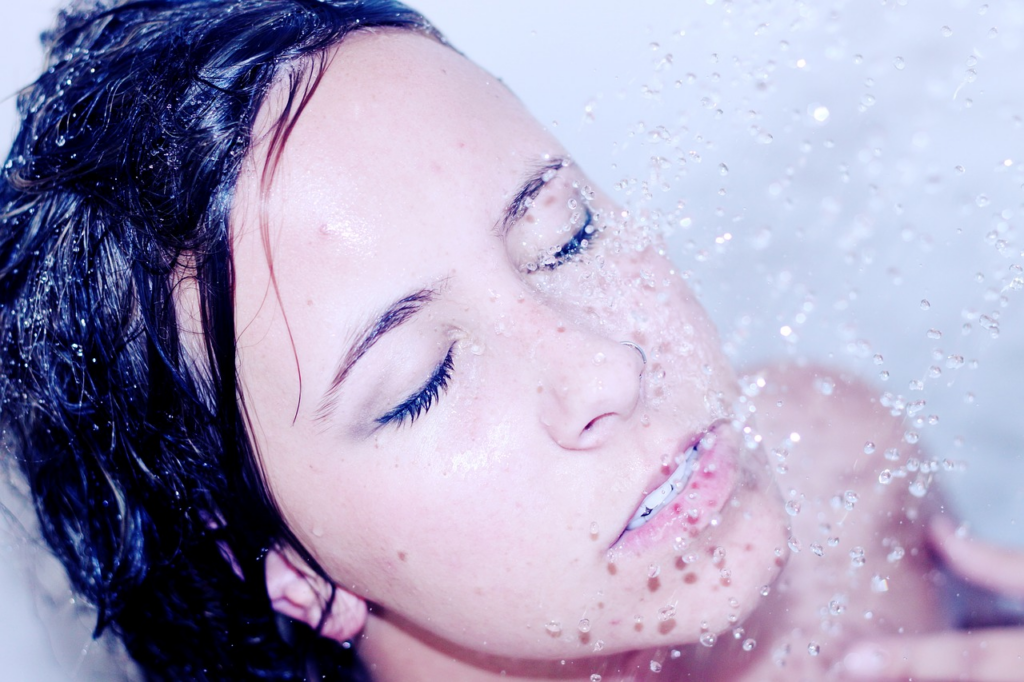Do your faucets often develop white, chalky deposits? Do you experience a lot of hair fall? Do you notice white marks on your dishes after washing them? If yes, all these signs indicate that your house’s running water supply is hard.
Since hard water can be harmful to your health, skin, and hair, in the long run, you should consider investing in this Canadian water softener that effectively softens hard water. In this dedicated guide, you will learn everything you should know about a water softener before you invest in one.

Everything You Need To Know About A Water Softener And Why You Should Get One
What Exactly Does a Water Softener Do?
Simply put, water softeners remove harmful minerals from water used for daily purposes, thereby making the ‘hard’ water soft and safe to use. Some of these harmful minerals are calcium, magnesium, and other minerals that make water unsuitable for drinking and washing.
When water percolates from the hard surface under the ground, it brings with it some natural mineral deposits, which makes the water hard.

In such cases, the water should be treated through municipal utility units or water softeners. When you run the water through a water softening process, it undergoes an ion-exchange mechanism that adds and replaces the harmful minerals with potassium or sodium.
Most water softeners are embedded with salt-filled brine tanks and resin beads to conduct the filtration process. The beads filter the water and the brine tanks replace the ions. Deposits like calcium and limescale are easily treated by most softeners.
Even though the positive effects may lure you into buying one, check whether or not you need a water softener. Since some regions provide soft water, you may not need one at all.

Types of Water Softeners
Reverse Osmosis:
RO filters have gained massive popularity over the past few years due to their ability to filter out 98% of impurities. Since it needs a lot of water to operate and can be a bit more expensive than its counterparts, it is often not considered to be a top priority among homeowners.
Ion Exchange:
Compared to the other two types, this water softener is quite common. It works to remove magnesium and calcium, which can be harmful to your body. Instead, sodium ions are injected into the water and are comparatively safer.
Salt-free:
While this type of softener can effectively remove calcium, it does not show a similar effect on magnesium, thereby making it the last choice among all.
Related Read;
How To Choose a Water Softener for Your Home
Consider these aspects when looking for a water softener.
The number of Family Members:
Consider your applications and the size of your home when picking a water softener as both factors can impact your choice. It also boils down to the average amount of water a person uses per day. While most need around 75 gallons per day, some may exceed this number and use around 100 gallons per day.
Pick the Right Size and Capacity:
Picking the right size is also of the utmost importance to fulfil your family’s water needs as mentioned above. As suggested by the plumbing technicians you should invest in a water softener with a 30,000-grain capacity to meet higher demand. Make sure that your model is energy efficient as it can increase your monthly bills.
Additional Features:
While all water softeners do the basic tasks of filtering out calcium deposits, check if the model you are buying can filter other contaminants or not. Some other features to look out for include high flow valves, touch screens, and low salt indicators.
Benefits of Getting a Water Softener
Better Skin and Hair:
Say goodbye to hair fall and irritated skin with the installation of a water softener. Since minerals present in hard water can strip off natural oils from your hair and skin, you may experience skin rashes and dried scalp as well. By installing a water softener, you will also notice better lather formation and get a deeper cleanse.
Better Taste:
You can finally drink water that tastes better.
Save Your Faucets and Appliances from Damage:
Your pipes, faucets, and appliances may develop white buildup due to mineral deposits, which can damage the commodities in the long run. With a water softener, you can save repairing costs and prolong the life of your appliances.
Since water softeners can be an expensive investment, you must ensure that you are getting the best bang for your buck. Just buying and installing a water softener is simply half the work done; you must check whether or not it is functioning properly and get it thoroughly inspected at least once in 6 months or a year. You can also choose a model that provides free servicing for up to a few months.
